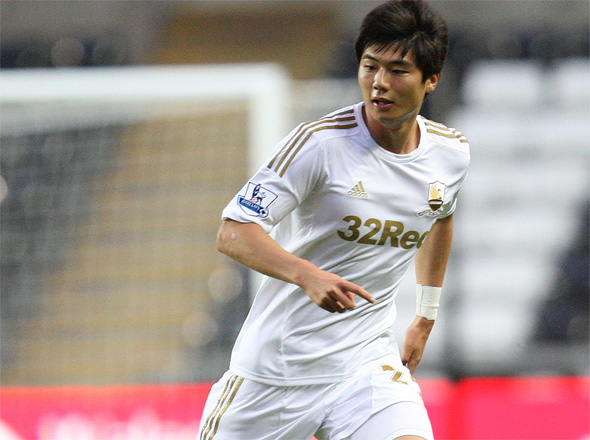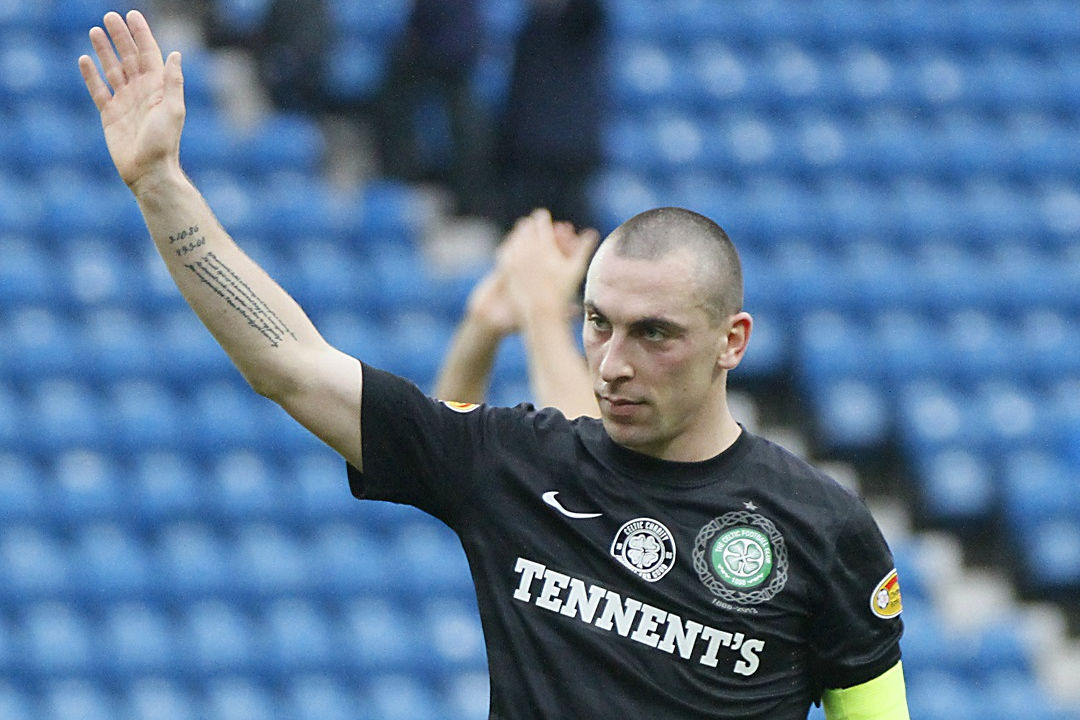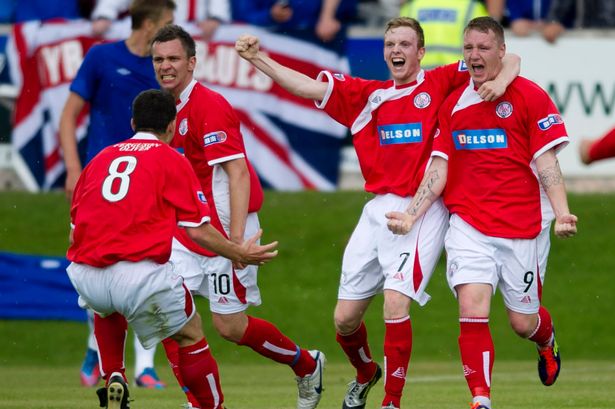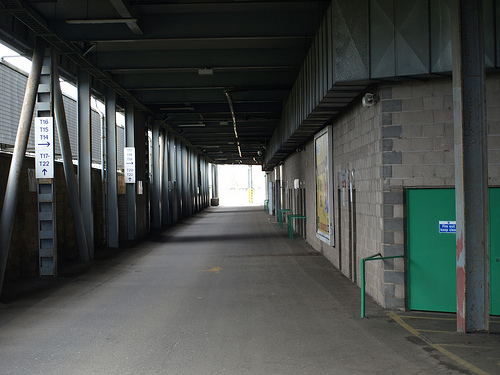In a footballing context, morality is largely confined to club loyalty. You only needed to read twitter during the Suarez-Evra scandal to highlight this. Liverpool fans, on the whole, relentlessly defended Suarez, in large part due to the public support from the brain-dead manager, Kenny Dalglish. The inferring message from twitter seemed to be a blind loyalty to Suarez, maybe through fear that condemning their top goalscorer’s racist abuse may see him be forced out of the club. Racism is abhorrent, but without the racist to score, what is left?
The other side of the Suarez issue was the forced sense of comdemning. Christ, anyone with half a moral compass should be able to comprehend that racism is deplorable at all levels, with no exceptions. However, here we saw Manchester United fans on twitter being passionately vitriolic towards Suarez. Were they as sympathetic to the racist killing of AnujBivde in Salford? Of course not, because AnujBivde was an Indian student, not Manchester United’s Patrice Evra. Social media breeds hypocrisy like a split condom full of empty seeds.
With regards to Celtic, social media is at a crucial stage. In the midst of any cultural revolution, divisions will be formed long the way. Firstly, Neil Lennon should not be on twitter. On multiple levels, a manager of a professional club should be fostering an acceptable length of distance. For Neil Lennon, a man whose life has been threatened, social media is simply a distraction. He doesn’t use it to converse with friends like many footballers do, choosing to only follow his idea of an attractive female. Furthermore, his very presence, rightly or wrongly, leaves him open to abuse from all sides.
In the wider media, Lennon suffered derision after his infamous tweet that suggested a ‘personal’ vendetta from the SFA and referees towards him in the aftermath of the semi-final defeat to Hearts. From fans of Rangers, Lennon suffers a swarm of abuse ranging from his teeth to his temperament, and sadly Lennon sees the need to practice his own version of acerbic wit by replying to these. Thirdly, Lennon is inundated with stupidity from his own supporters. On one hand, there are those who publicly reveal themselves to be metaphorically clinging to life by a thin veil of desperation, pleading for a reply or a retweet. When it arrives, an uncapitalised ‘hey’ from the gaffer is favourited like a family heir loom. In stark contrast, there are those who seek answers to alleged outrages.
Several weeks ago, Lennon was criticised for not standing up in support of the Green Brigade. The fact that some fans feel a sense of ownership towards the manager of a football team is indicative of the crass, celebrity indoctrinated world we inhabit. His job is to focus on team tactics, not police ones.
Players on twitter merely highlight what has been known about footballers in the last twenty years – they are sub-human, robotic beings who are blessed with athletic ability. Footballers should be like rock stars, unattainable, out of sight and mystical. Instead, thanks to social media, we know that Celtic players like eating Nando’s, are unsure which car would be best used to transport Kris Commons’ oversized derriere to training. Very few footballers say anything, and yet too many fans hear everything.
Which brings me to the peculiar relationship between fans and social media. Celtic Underground was a pioneer, and was long established by the time I first typed an article in March, 2011. In this time, there has been a Celtic fan revolution, inspired by social media. However, along the way, idea of a social media celebrity within a fan context emerged. After all, if the players were already on a pedestal, a fan hierarchy can be seamlessly established. Rather than Celtic being the core element, the primary focus is on the personalities themselves.
This is an example of social media’s ills. Another is the creation of an online Celtic media channel that is purely fan orientated. The Celtic View was much derided during the 1990s when it was labelled Pravda, but this is the echo chamber that currently faces wide sections of Celtic support. By only injecting one perspective, room for debate is stifled. Interaction with other fans is a distant memory, and in its place the arguments are internal. It is fundamentally unhealthy to only read one perspective, and I fear a Celtic fans-only media channel is in the process of eating itself.
Social media has already reiterated that it is the vehicle to drive arguments that may not exist within the reality of living. Arguments about whether a minute silence at a Scottish football match should really honour victims of an American school shooring, debates about tactics, discussions about what constitutes a true supporter. People are, on the whole, more tactful in a face to face context. Body language is studied more intently, and human nature dictates a more pacifying tone. On social media, the suggestion is that an enclosed drunk tank exists, with people being as honest from their keyboard as they are under the influence of alcohol. This is far more engaging than knowing what Gary Hooper had for lunch.





